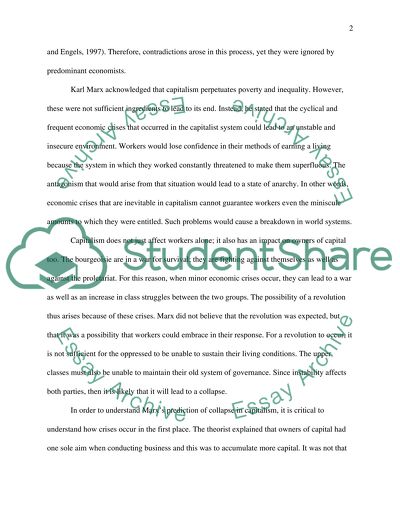Cite this document
(“Marx and Capitalism. Why and how does Marx think Capitalism is bound Essay”, n.d.)
Retrieved from https://studentshare.org/history/1499014-why-and-how-does-marx-think-capitalism-is-bound-to
Retrieved from https://studentshare.org/history/1499014-why-and-how-does-marx-think-capitalism-is-bound-to
(Marx and Capitalism. Why and How Does Marx Think Capitalism Is Bound Essay)
https://studentshare.org/history/1499014-why-and-how-does-marx-think-capitalism-is-bound-to.
https://studentshare.org/history/1499014-why-and-how-does-marx-think-capitalism-is-bound-to.
“Marx and Capitalism. Why and How Does Marx Think Capitalism Is Bound Essay”, n.d. https://studentshare.org/history/1499014-why-and-how-does-marx-think-capitalism-is-bound-to.


